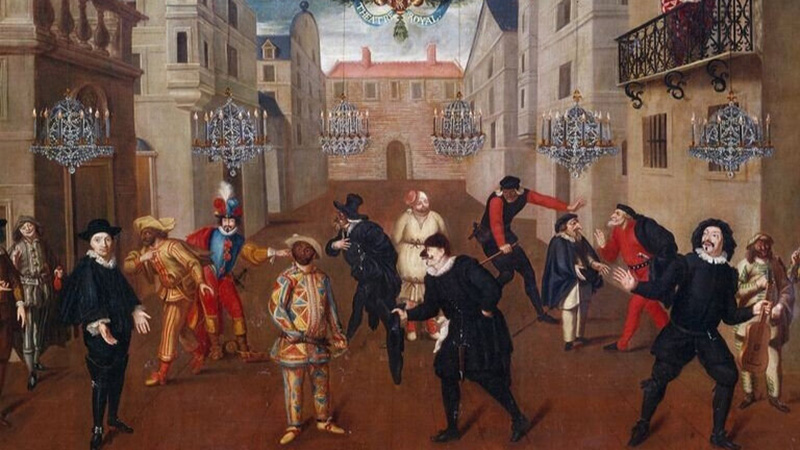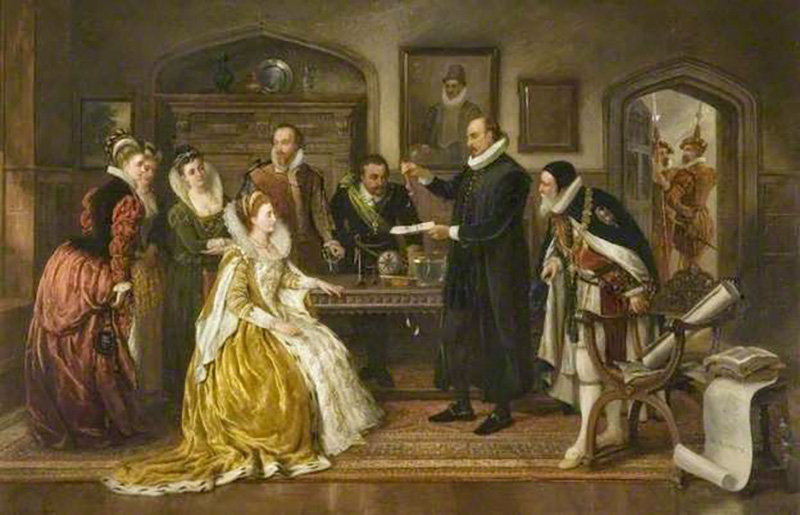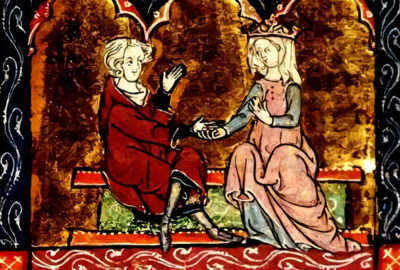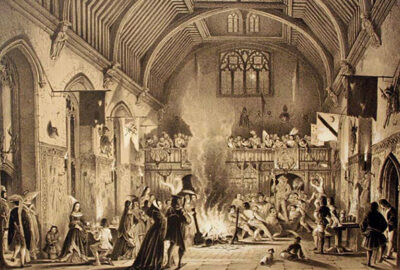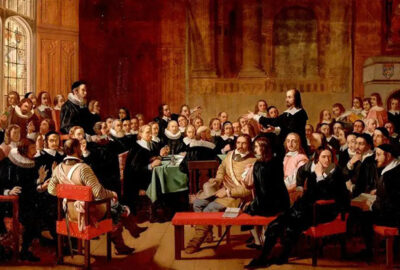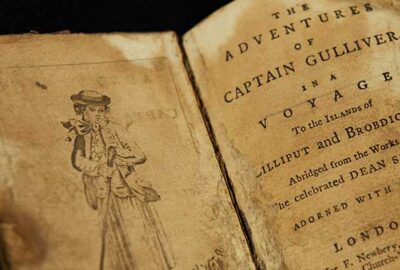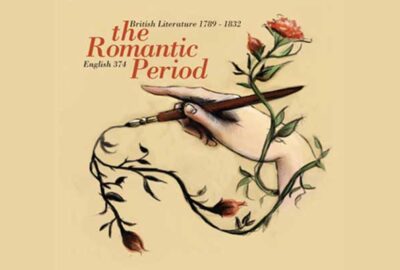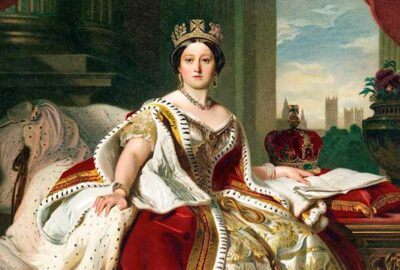The Elizabethan era is also known for its poetry and prose. Some people believe the poetry from this time is some of the greatest in history. This quiz from the Renaissance in English literature will test your knowledge of poetry and prose from this historical period.
The eruption of English poetry and prose
English poetry and prose erupted into sudden glory in the late 1670s. A decisive shift in taste towards a fluent art that self-consciously manifests grace and sophistication is heralded in the works of Spencer and Sydney. This was accompanied by a boom in literary production that bore fruit in the 1890s and 1690s, with two decades of incredible productivity for writers of all faiths and standards.
The foundation was laid in 30 years, beginning in 1550, during which time confidence in the literary competence of the language gradually increased and tremendous advances in education were made, producing for the first time a large number of English readers interested in literature and with sophisticated tastes.This development was underpinned by technological maturity and the accelerated production (mainly of pious or artistic subjects) of Elizabethan printing.
English language development
The prevalent view of language’s inadequacy, its lack of “terms,” and the innate inferiority of eloquent classical tongues was challenged in humanist works by Thomas Wilson, Roger Asham, and Sir John Cheek.
His treatises on rhetoric, education, and even archery argued in favor of unaffected vernacular prose and positioned Wise towards linguistic borrowings. The stylistic ideals are attractively embodied in Ascham’s didactic The Schoolmaster (1570), and their energizing influence on this particular Elizabethan art and translation can be felt in the earliest actual examples, such as Sir Thomas Hoby’s Castiglione (1561) and Sir Thomas North’s Plutarch (1579). Another catalyst was the religious upheavals of the middle of the century.
The desire of the Reformers to address as broad an audience as possible—the bishop and the boy who follows the plow, as William Tyndall said—produced the first true classics of English prose: The Revised Anglican Book of Common Prayer (1549, 1552, 1559); The Works and Monuments of John Fox (1563), who celebrates the martyrs of English Protestantism, old and young; and various English versions of the Bible, from Tyndale’s New Testament (1525), Miles Coverdale Bible (1535), and Geneva Bible (1560) to the Compromise Certified Version (or King James Version, 1611).
Sydney and Spencer
Spencer was one of a descendant of humanely trained public servants, and the Almanac, an elaborate set of pastoral notations, proclaimed his talents and proclaimed his epic ambitions. The wonderful lyrical gift it reveals was again expressed in the marriage poems Epithalamion (1595) and Prothalamion (1596). With Faerie Queene, he achieved the central poem of the Elizabethan era. Its form combines a medieval tale and an Italian romantic epic. Its purpose was “to form a gentleman or noble person into a virtuous and kind order.”
The plan consisted of 12 books (6 books were completed), focusing on 12 virtues represented in the tasks of the 12 knights of Gloriana’s court, the Faerie Queene, the symbol of Elizabeth herself. In search of Gloriana’s love, Arthur will appear in every book and come to embody greatness, the perfect man.
Faerie Queene was a public poem addressed to the Queen, and it politically reiterated the Leicester Circle’s hopes of government out of piety and militancy. Spencer’s growing disillusionment with the court and active life, disillusionment noted in later poem books and his bitter satire Colin Klotts Come Home Again (1591), expressed the fading of these expectations in the last decade of Elizabeth’s reign, the beginning of this remarkable failure of political trust and culture in the monarchy. In “Mutability Cantos,” the melancholy portions of the predictable seventh book (published posthumously in 1609), Spencer departed from the public world altogether, destined for the mysterious solace of immortality.
Try your knowledge test through our Elizabethan poetry and prose question and answer quiz. We’ll be posting new questions and answers every week, so be sure to check back often.

